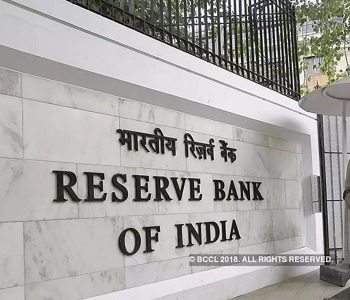Nepal Rastra Bank moves to declare Pokhara Finance a troubled institution amid rising financial woes

KATHMANDU: Nepal Rastra Bank (NRB) is preparing to declare Pokhara Finance a problematic financial institution. The central bank’s board of directors has decided to give Pokhara Finance a 15-day period to submit its defense under Section 86(6) of the Nepal Rastra Bank Act, 2058. This decision follows extensive discussions initiated by Governor Maha Prasad Adhikari, who had initially proposed a 35-day notice.
A member of the NRB board explained the decision, stating, “Institutions facing trouble must be taken over in time. Delaying action only increases the risk of further misconduct or the possibility of board members fleeing responsibility. However, the Governor proposed a 35-day notice, which was not accepted by the majority.”
The board ultimately agreed on a 15-day notice after considering the urgency of the situation and the Governor’s nearing term completion. “The Governor’s term is ending soon, and a 35-day process would extend beyond his tenure. Hence, a majority of members insisted on limiting the time frame to 15 days. The notice has been issued accordingly,” the board member added.
Pokhara Finance’s financial health has been deteriorating significantly, as highlighted by recent NRB data. During the first quarter of the current fiscal year, the institution reported non-performing loans (NPLs) at 14.44%. However, NRB’s revised figures reveal a sharp rise to 41.07%, indicating severe challenges in maintaining loan quality.
The institution’s capital fund has also turned negative, with NRB data showing a deficit of 8.57%. Furthermore, Pokhara Finance’s core capital is negative NPR 711 million. These alarming figures meet the criteria for NRB’s prompt corrective action, which could include declaring the institution problematic and initiating a takeover.
The board member elaborated on the situation, saying, “Once an institution becomes problematic, it’s essential to act swiftly to prevent further damage. Pokhara Finance will be given 15 days to respond, after which NRB will likely declare it problematic.”
The crisis at Pokhara Finance is part of a broader concern within Nepal’s financial sector. Alongside Pokhara Finance, Janaki Finance and Narayani Development Bank are also under scrutiny for their financial fragility. However, the latter two maintain positive capital funds, making immediate intervention less likely.
Pokhara Finance’s case highlights the importance of regulatory oversight in maintaining stability within Nepal’s financial system. The central bank’s decision to limit the defense period to 15 days underscores the urgency of addressing such issues before they escalate further.
The board member added, “Extending the time frame for problematic institutions only increases risks and delays necessary corrective measures. By acting promptly, NRB aims to stabilize the financial sector and protect stakeholders, including depositors and investors.”
NRB’s intervention in Pokhara Finance is expected to serve as a precedent for managing financial crises in Nepal. The central bank’s proactive approach reflects its commitment to safeguarding public trust and ensuring accountability within the financial ecosystem.
The forthcoming steps regarding Pokhara Finance will be closely watched as they could set the tone for similar cases in the future. NRB’s actions aim to reinforce regulatory compliance and strengthen Nepal’s financial stability amidst ongoing challenges.














Facebook Comment